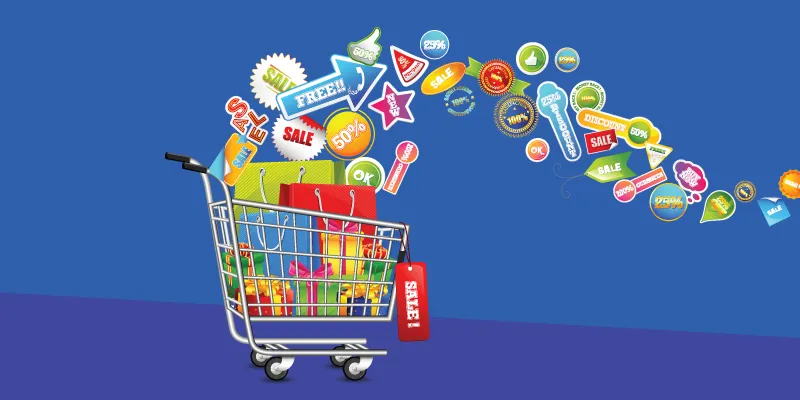With great diversity comes a great number of festivals.
Festivals in India are like hotspots of emotion and celebration laid out throughout the year. And it’s important for marketers to leverage these emotions – in one way or another – to make their products/services a part of these celebrations.
Sounds like a good idea, right?
Unfortunately, every marketer out there thinks in the exact same way.

So, the perennial festive season is now crowded with sales, wishing posts, and ads from every brand that wants to remain “connected” to their audience – each trying to push the envelope in their own way, to stand out among the others.
Each trying to make their voice heard – by hook or by crook.
Every Festival Ever
This, naturally, results in most brands getting into a contest of “who’s the loudest of them all.” It has a counter-productive effect on the consumers – they can, quite easily, spot the marketing tactics under the guise of festive cheer.
The deliberate attempt to rouse “festive” emotions is precisely what makes it not happen.
For instance, Chatt Puja, Christmas or New Year’s Eve, all are big celebratory occasions in the country, so every brand has some or the other major campaign, sale, and/or product launch, lined up for the festive season.
Most advertisements have essentially the same tone, the same message, and predictably the same greetings. This makes the consumers turn a deaf ear to anything that marketers have to say.
Solution: MarTech
You, as a marketer, have to be smarter, not louder.
Enter MarTech.
We know marketing is the act of promoting and selling products and services and we know technology is the application of scientific knowledge for practical purposes.
When these two are fused together what we get is MarTech. It refers to various initiatives and tools developed that use technologies to meet the needs of modern marketing.
Artificial Intelligence, chatbots, augmented reality and voice (Alexa and Google Home) are some popular and brilliant applications of MarTech innovations.
With this, modern marketing has become a lot quicker and way more cost effective with marketers being able to access huge amounts of data in no time. It also enables deeper insights about target audiences and the ability to tweak strategy when required.
Why MarTech?
But what does MarTech have to do with Christmas, or any other festival for that matter?
When you have the technology for such focussed targeting with so many distinct applications, it would be a crime not to use it to create a unique user experience!
Like how Flipkart did with its haggle-bot, creating an immersive voice-based experience on the Google Assistant that allowed users to barter, haggle and negotiate the best deal possible on feature products for all of India ahead of the Big Billion Days sale.
Or how Sephora did it with Sephora Virtual Artist, which scans your face, figures out where your lips and eyes are, and lets you try on different looks.
Or how Zero, the Bollywood movie, created hype around their protagonist, Bauua Singh, by adding a Bauua “skill” onto Amazon’s Alexa. Users got to listen to Bauua’s quirky, witty and distinctive persona with a simple command, “Alexa, open Bauua from Zero.”
Conclusion
With technology becoming an integral part of the average consumer’s daily life, marketers have to become innovative and creative in application, in order to stay ahead of the game.
Then again, at the end of the day, technology is still just a tool. It’s only as good as the one wielding it.
It’s a powerful tool, nonetheless, so wield it well.
[“source=yourstory”]
